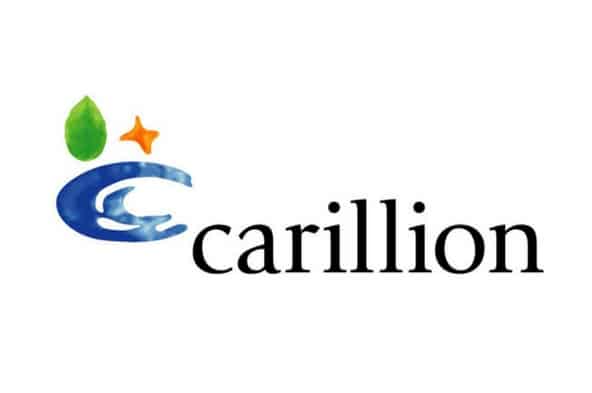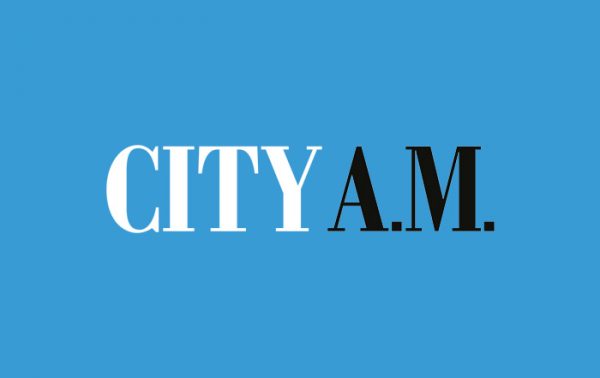What to Do if Your Company Has Business Loan Arrears
Loans can be essential, valuable tools for expanding your business. However, if your business is financially distressed, you may be left unable to pay back a business loan using current cash flow.
If you can’t pay a business loan, your bank or other lender may begin to take aggressive action against your business. You may be charged extra interest, late fees and other charges in order to encourage payment.
If you miss several payments in a row and default on the loan, your bank may take legal action against your business. Depending on the type of loan you have, this may involve seizing assets owned by your business or seeking a county court judgment (CCJ).
If your business has loan arrears, it’s important to take action as soon as possible. A variety of options are available to help your business, including financing solutions that can improve your business’s cash flow and make repaying the loan easier.
Can’t Pay a Business Loan: The Basics
- If you miss three to six payments in a row (depending on the specific lender), your loan will go into default and your bank or other lender may take aggressive action in order to recover the loan balance.
- Depending on the type of loan you have, your bank or other lender may attempt to seize assets owned by your business, seize personal assets, or seek a county court judgment (CCJ) and winding up order against your business.
- If you can’t afford to pay a business loan, acting quickly can help you access financing solutions and avoid going into default. Your business may be able to implement invoice discounting or factoring to generate cash flow quickly.
- If your business is insolvent, proposing a company voluntary arrangement (CVA) may be an option. This may let you negotiate new terms with your lenders and lower the amount owed by your business.
What Happens if Your Business Defaults on its Loan?
The majority of lenders won’t take aggressive action if your business only misses one or two of its loan repayments. However, you may be charged additional interest, late fees, and, for some lenders, extra administrative fees if you repay your loan behind schedule.
If your business falls significantly behind on its loan repayments and misses several repayments in a row, your bank will typically classify the loan as being in default.
The precise number of missed payments required for a business loan to be viewed as in default varies from lender to lender. Our insolvency practitioners can review your loan contract and give you more information about when your bank may take legal action.
Going into default terminates the agreement between your business and its bank. Depending on the type of loan you have with your bank, you may face the following types of legal action:
- Seizure of business assets. If your business has a secured loan, your bank may seize certain business assets in order to recover the amount that it’s owed.
Assets typically seized by banks include commercial and/or industrial equipment, cars or other vehicles and commercial real estate. Your business loan agreement may specify a certain asset or multiple assets that may be seized in the event of loan default. - Seizure of personal assets. If your loan involves a personal guarantee, your bank may seize your personal assets. As a company director, you may still be liable for the balance of the loan even if your business is closed through a liquidation procedure.
- Statutory demand. If your debt isn’t disputed, your bank may send a statutory demand for payment. This is a formal demand for payment. If you fail to comply with the demand, your bank may seek a winding up order against your business.
- County court judgment (CCJ). If your debt is disputed, your bank may seek a county court judgment (CCJ) against your business. County court judgments are reported on your business’s creditor report and can affect your future ability to access financing.
If you fail to repay the debt after receiving a county court judgment, your bank may seek a winding up order against your business.
If your bank takes legal action and obtains a winding up order, saving your business can quickly become a very difficult process. Because of this, it’s important to act as soon as possible if your business can’t repay one or several of its loans.
If you’re struggling with business loan debts, contact us. Our expert insolvency practitioners can provide free, private advice to help you make the best decision for your business.
Your Options as a Company Director
If your business has loan debts that it can’t repay, you have several options. Your business may be able to use invoice financing to improve its cash flow. Alternatively, you may be able to enter into an insolvency procedure and refinance your loan.
Invoice Financing
Invoice financing involves receiving cash from your business’s invoices faster. Through services such as invoice discounting and invoice factoring, your business can generate instant cash flow to repay its loan debts.
Invoice discounting involves leveraging your sales ledger. When your business sends an invoice to a customer, an invoice financing lender will provide a specific percentage of the invoice in the form of an immediate cash payment.
In exchange for this service, your business will pay fees to the lender. Invoice discounting is not public, meaning your customers will be unaware that your business is using this form of finance to improve its short-term cash flow.
Invoice factoring involves selling your business’s invoices to a third party, commonly known as a factoring company. The factoring company will purchase your invoices at a discount, providing a lump sum payment that gives your business immediate cash flow.
Invoice financing is a good option if your business is financially viable but has slow, inconsistent cash flow that’s affecting your ability to repay loans.
If you believe that invoice financing is a good option for your business, contact us. We work with a diverse range of invoice financing providers and can efficiently connect your business with the right financing company for your needs.
Insolvency Procedures
If your business is insolvent due to business loans but still financially viable, it may benefit from an insolvency procedure such as administration, a company voluntary arrangement (CVA) or a pre-pack administration.
Proposing a CVA or entering into administration can protect your business against legal action by its creditors, including banks. As part of a CVA, you may be able to negotiate with your bank to write off debt and/or reduce your business’s monthly payments.
Contact Us For More Information
If your business has loan debts that it can’t pay back, it’s important to take action as quickly as possible to protect your business and avoid legal action from your bank.
As experienced insolvency practitioners, we’ve helped hundreds of UK businesses successfully deal with excessive business debts. Our expert team can provide free, private advice with your business in mind to help you make informed, effective decisions.
To discuss your situation and learn more about what you can do, please contact us on 0161 8719 842 or send us an email to schedule your free private consultation.



